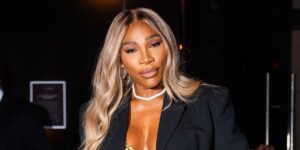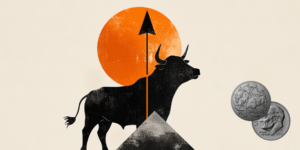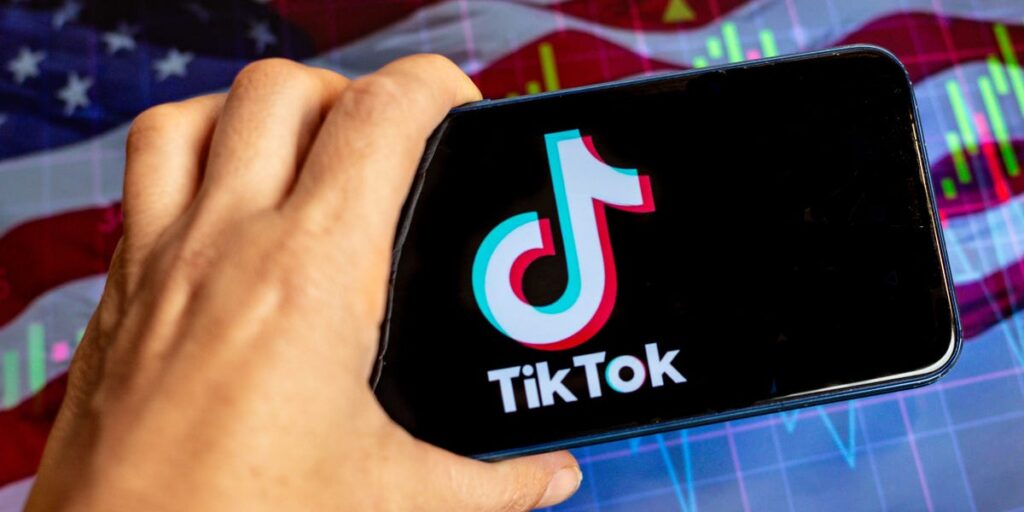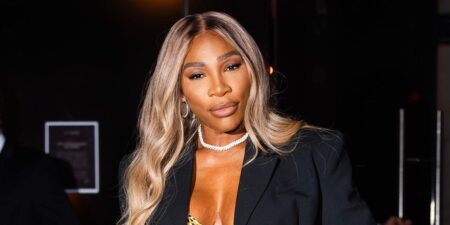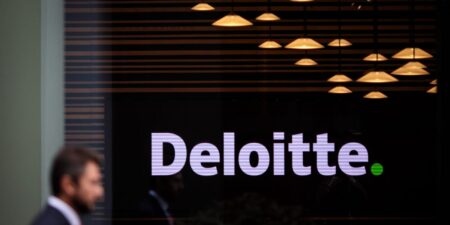A $14 billion deal secured TikTok’s American future — and analysts say it marks a unique compromise in Washington and Beijing’s ongoing tech fight.
President Donald Trump issued an executive order on Thursday requiring TikTok’s current owner, ByteDance, and its affiliates to own less than 20% of the new company.
The exact make-up of the new consortium has not yet been revealed. Trump said on Thursday that Oracle and Larry Ellison would be part of the deal, which would include “four or five world-class investors.”
Analysts told Business Insider that while the deal shows it’s still possible for the two rivals to bargain, TikTok is likely a one-off — not a template for future disputes.
The US-China tech rivalry has seen Washington clamp down on Chinese firms over security concerns — from banning Huawei’s telecom gear in the US to cutting companies like SMIC off from advanced chips. Beijing, meanwhile, has been backing its own champions abroad, such as AI model DeepSeek.
TikTok became a high-profile flash point in that fight, thanks to its massive US user base and its ties to a Chinese-owned parent company — fueling fears that data could be accessed by Beijing.
TikTok deal is a ‘strategic compromise’
Ray Wang, the research director for semiconductors and emerging technology at Futurum Group, said the agreement signals that the US and China can still carve out a “pragmatic middle ground” on critical tech issues — with the broader aim of stabilizing their fraught relationship.
It also shows Washington’s willingness to use “market-based mechanisms” to manage sensitive technology disputes, said the analyst, who specializes in US-China tech statecraft.
That shift from a ban to a deal could influence how outsiders view China’s role in global tech.
“Foreign governments and investors may begin to see Chinese technology expansion less as a binary yes/no issue and more as a negotiable process,” Wang said.
While the countries continue to compete, the deal indicates that “there may be some scope for cooperation,” said Ja Ian Chong, an associate professor of political science at the National University of Singapore.
“Whether the cooperation ultimately benefits both sides more or less equally has yet to play out,” he added.
Dylan Loh, an associate professor of public policy and global affairs at Singapore’s Nanyang Technological University, described the agreement as a “strategic compromise” on both sides: Trump repeatedly extended the deadline for a sale, and China eventually gave its assent.
“This has to be seen in the bigger context of both sides trying to reach some trade deal,” Loh said.
Analysts cautioned against viewing the agreement as a blueprint for other Chinese firms looking to enter the US market.
“While companies may interpret it as a pathway for sustaining or entering US operations, TikTok remains a uniquely high-profile case,” said Wang.
Chong said TikTok’s sheer popularity with US users, the vast amount of personal data it collects, and ByteDance’s alleged ties to Beijing make the case especially contentious — a dynamic few other Chinese apps could replicate.
TikTok itself remains banned in China, but ByteDance runs another short-form video platform, Douyin, there.
TikTok gets certainty — but questions remain
The deal gives TikTok something it hasn’t had for over a year: certainty about its future in the US.
“On the face of it, the United States and the various US investors seem to have done well,” Chong said. ByteDance still retains a presence on the board and ownership of shares, while Beijing has effectively transferred homegrown technology to the US. “So there appear to be winners all around,” he said.
“That said, the lack of details and the uncertainty over the future of the company’s management, including jobs, could mean that details to determine relative gains are not fully available yet,” Chong added.
Brian Lee, the head of communication studies at the Singapore University of Social Sciences, said the deal also positions TikTok for a “high-stakes” rebrand — “from a national security threat under foreign influence to a secure, American-led digital entertainment company.”
“If this new story sticks, TikTok could turn its political baggage into a narrative of resilience and even thrive under its new identity,” Lee said.
Business continuity remains solid, and the deal addressed US concerns over data, ownership, and oversight, Wang said.
“The critical risk, however, lies in execution — whether these safeguards can be credibly enforced remains the defining question,” he added.
Uncertainty also lingers over whether the US version of TikTok’s algorithm may work in the same way that drove its global popularity, Chong said.
“The big question remains: can TikTok truly distance itself from its origins and become seen as a neutral platform?” Lee asked.
Read the full article here



